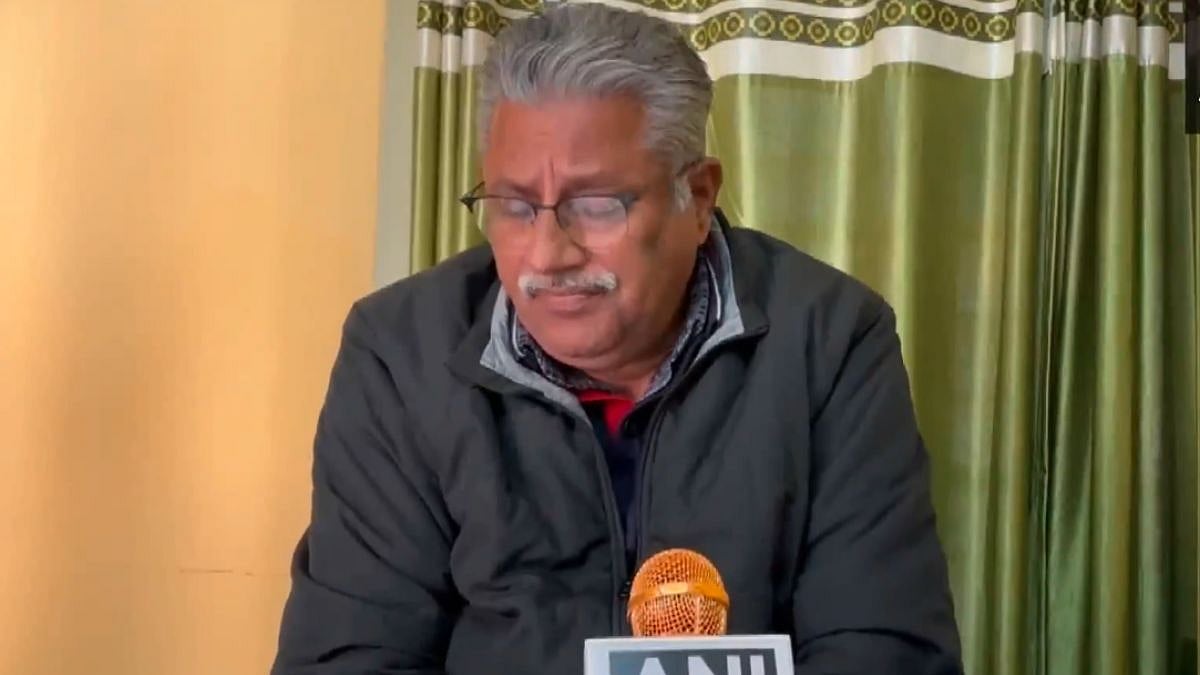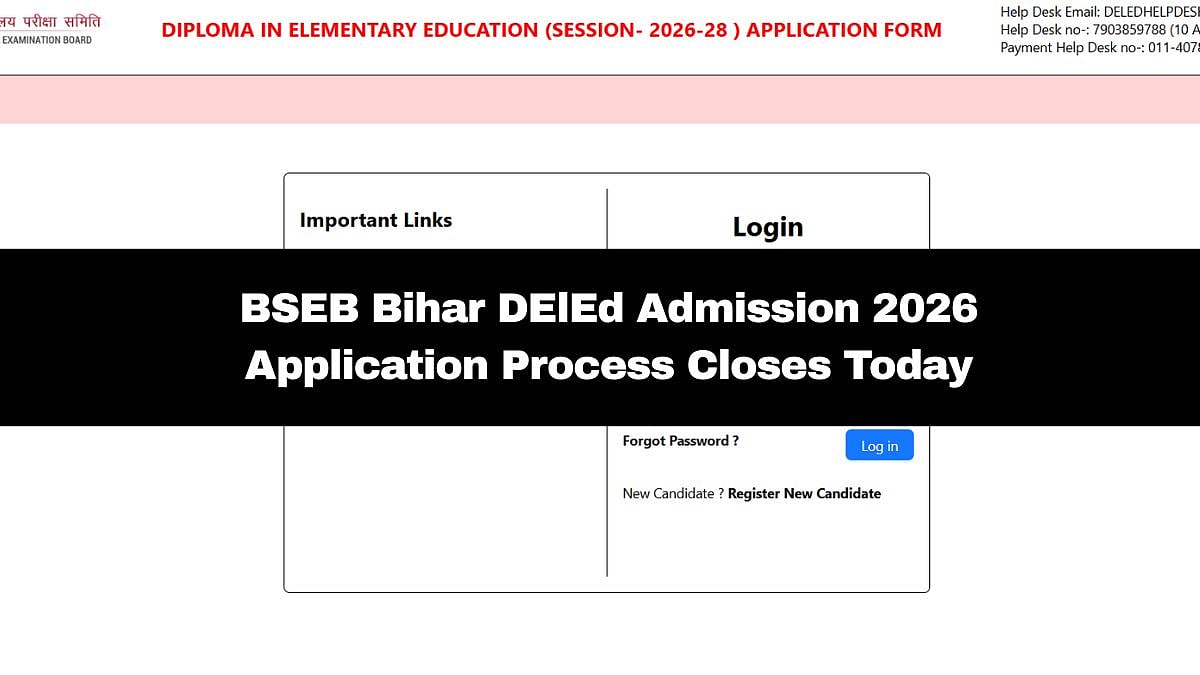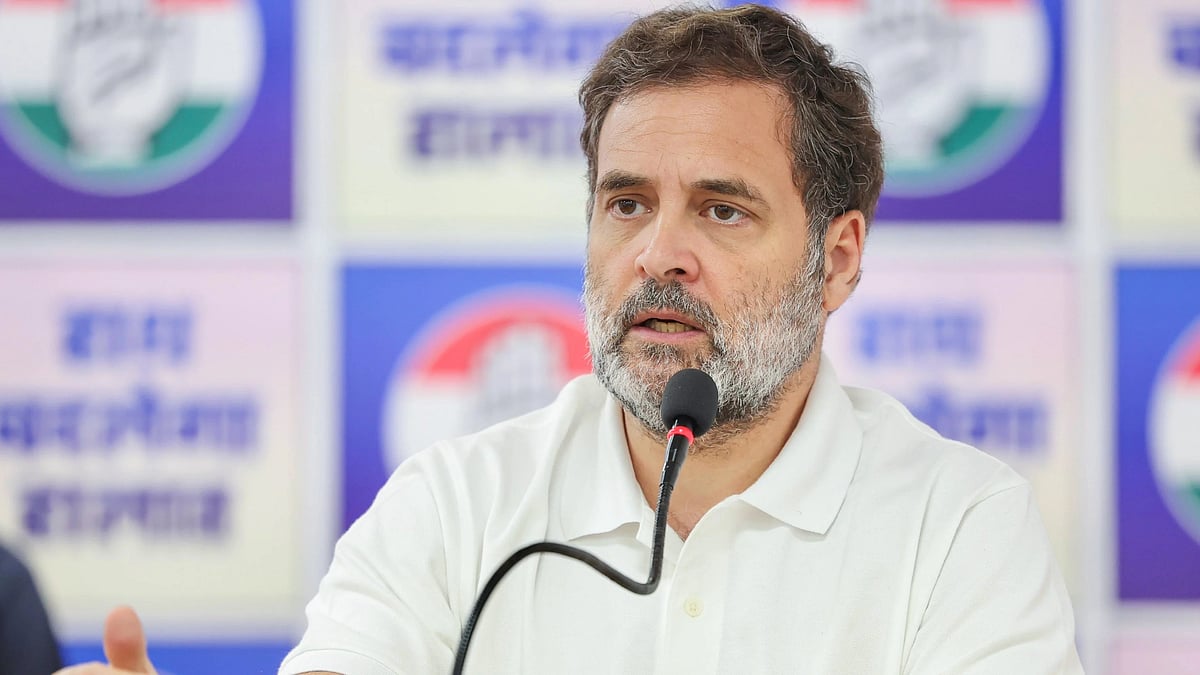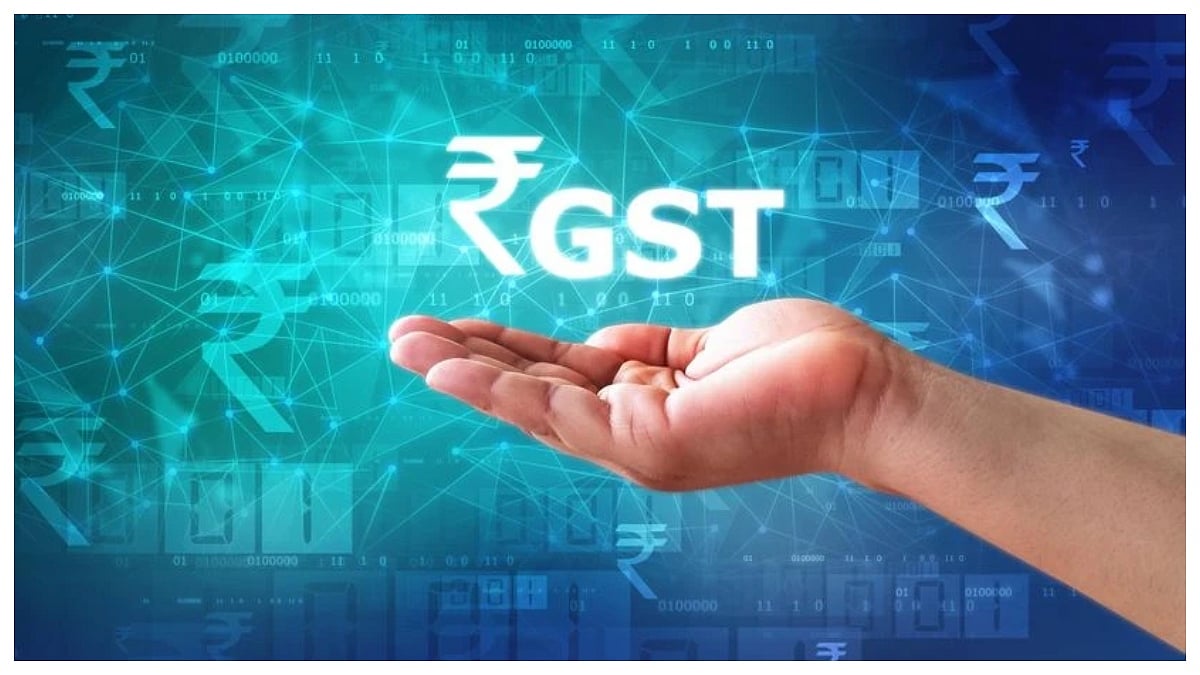As the world grapples with the challenges posed by climate change and burgeoning populations, imperative for sustainable energy solutions becomes increasingly paramount.
Prime Minister Narendra Modi in January 2024 introduced the 'Pradhan Mantri Suryodaya Yojana', a government initiative set to provide rooftop solar power systems to one crore households. While not the first attempt, with the 2014 Rooftop Solar Programme aiming for a cumulative capacity of 40 gigawatts by 2022, the target fell short, prompting an extension to 2026.
What is the roof top solar plan of the Modi govt?
Launched in 2014, the program seeks to enhance India's residential rooftop solar capacity by offering Central Financial Assistance and incentives to distribution companies, following MNRE Guidelines.
The key objective of this programme is to elevate the rooftop solar installed capacity to 40 GW by March 2026, currently progressing through its second phase. As part of the scheme, India's rooftop solar capacity has surged from 1.8 GW in March 2019 to 10.4 GW by November 2023.
Criteria for Free Solar Rooftop Scheme 2024
The Free Solar Rooftop Scheme 2024 requires a minimum area of 10 square meters to install a 1-kilowatt solar panel. This initiative provides a substantial 40 per cent subsidy for installing solar panels ranging from 1 to 3 kilowatts. Additionally, a 20 per cent subsidy is available for solar panels ranging from 4 to 10 kilowatts. Notably, implementing solar systems in workplaces and large factories has the potential to reduce energy bills by 30 per cent to 50 per cent.

How to apply for it?
- Visit the National Rooftop Solar Portal at https://solarrooftop.gov.in/ and navigate to the registration phase under the 'Apply for Rooftop Solar' section on the homepage.
- Fill in the required details, including country name, distribution business company/application, and account number and Click 'Next' to proceed.
- Download the SANDES App and use the provided QR codes to register for the Rooftop Solar Scheme.
- Input your mobile number, request an OTP through the Sandes App, and enter it along with your email ID to complete the application for the Solar Rooftop Yojana.
- Finally, provide your registered customer account number and mobile number, then click 'Login' to apply online through the National Solar Rooftop Portal.
Interim Budget 2024-2025
The 2024-25 interim Budget underscored a commitment to green energy, allocating Rs 26,376 crore for the New and Renewable Energy Ministry, a significant increase from Rs 17,729.46 crore.

Key allocations include Rs 8,500.35 crore for the Solar Power (Grid) scheme and increased funding for initiatives like the National Green Hydrogen Mission and Bio Energy Programme.
The budget also addresses rooftop solarization, targeting one crore households with the promise of 300 units of free monthly electricity. However, challenges remain, including a lack of awareness, high installation costs, and regulatory hurdles in net metering.








